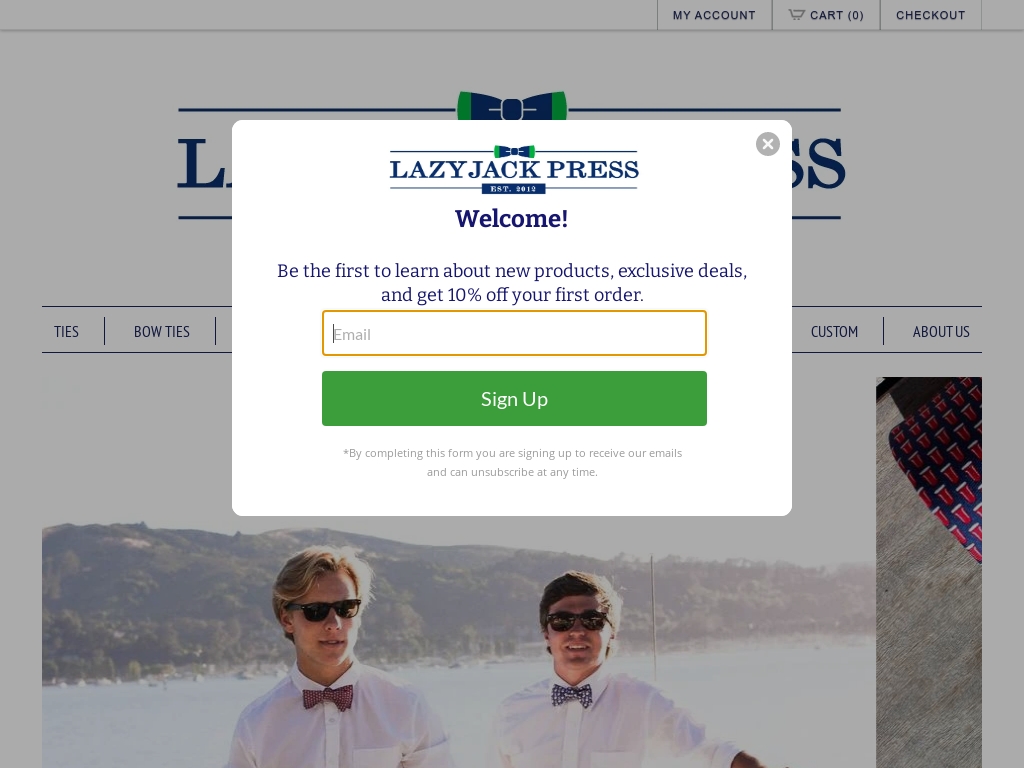
Preppy Clothing Business Success Stories [2025]
Looking to dive into the fashion world with a timeless appeal? Consider starting a preppy clothing business. Preppy clothing embodies a classic, sophisticated style often associated with Ivy League culture and vintage Americana.
Your business would revolve around creating high-quality garments that feature hallmark preppy staples such as polo shirts, cable-knit sweaters, and chinos. The appeal lies in its evergreen style, transcending generational trends and seasonality.
Starting this venture requires a keen eye for detail and an understanding of quality fabrics and timeless patterns. Efforts would include designing collections, sourcing materials, and building relationships with reliable manufacturers. Digital marketing and a polished online store will be indispensable for establishing your brand's presence.
Preppy fashion has an enduring charm that appeals to a broad demographic, making it a rewarding pursuit for those with a flair for classic style and an entrepreneurial spirit. Consider this path if you're passionate about fashion with a timeless twist.
In this list, you'll find real-world preppy clothing business success stories and very profitable examples of starting a preppy clothing business that makes money.
1. Lazyjack Press ($252K/year)
The idea for a prep brand came to Miriam while she was attending her alma matter during Law school, and happened to notice tacky looking ties that were worn by the students. Shocked to see they were made by reputed brands, she did some research and was instantly connected with the idea, even without a background in fashion.
How much money it makes: $252K/year
How many people on the team: 0


Lazyjack Press, a luxury men's accessories brand, offers high-quality, Italian silk ties, pocket squares, bow ties, and socks with uniquely named designs and a focus on fun, appealing to audiences of all ages, and is primarily sold through trade shows and pop-up shops.





Download the report and join our email newsletter packed with business ideas and money-making opportunities, backed by real-life case studies.

Download the report and join our email newsletter packed with business ideas and money-making opportunities, backed by real-life case studies.

Download the report and join our email newsletter packed with business ideas and money-making opportunities, backed by real-life case studies.

Download the report and join our email newsletter packed with business ideas and money-making opportunities, backed by real-life case studies.

Download the report and join our email newsletter packed with business ideas and money-making opportunities, backed by real-life case studies.

Download the report and join our email newsletter packed with business ideas and money-making opportunities, backed by real-life case studies.

Download the report and join our email newsletter packed with business ideas and money-making opportunities, backed by real-life case studies.

Download the report and join our email newsletter packed with business ideas and money-making opportunities, backed by real-life case studies.









